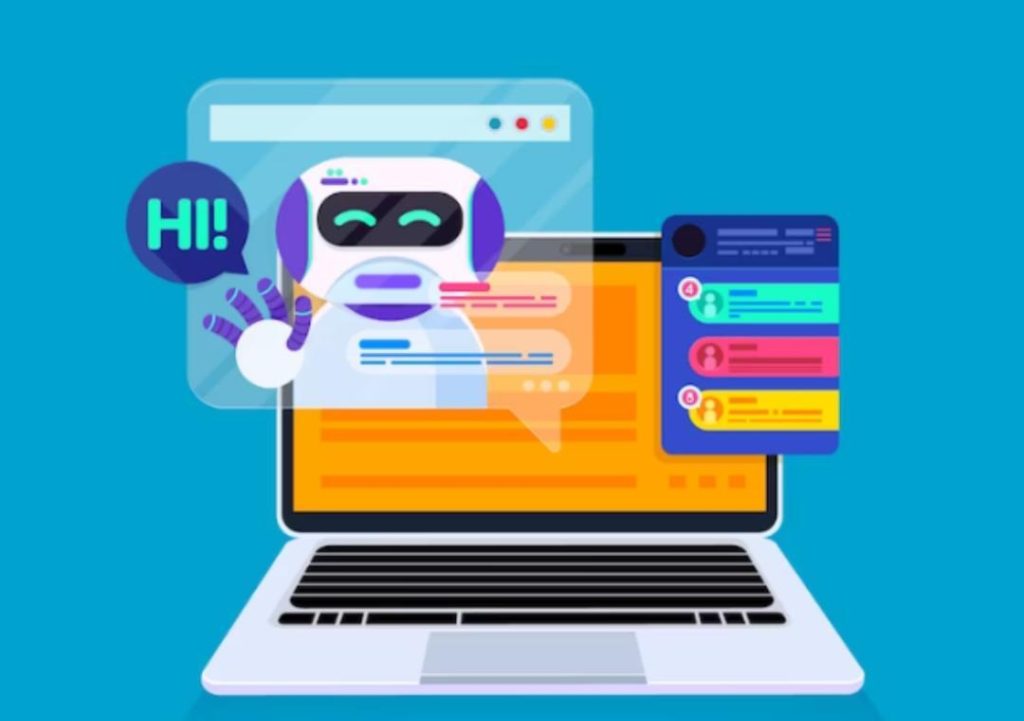
Virtual Assistants & Chatbots Power 24/7 eCommerce Support
In today’s digital age, online shoppers expect lightning-fast responses to their queries, 24/7 support, and personalized interactions with businesses. As eCommerce continues to evolve, virtual assistants and chatbots are revolutionizing customer support, delivering accurate and empathetic responses at any hour. In this blog post, we’ll explore how AI-driven chatbots are transforming the eCommerce landscape, and what benefits they bring to businesses and customers alike.
The Rise of Chatbots in eCommerce
Chatbots have been around for a while, but their capabilities have dramatically improved with advancements in Natural Language Processing (NLP) and Sentiment Analysis. These AI-powered tools can now understand tone, urgency, and context, making them an integral part of eCommerce support. According to a study, 40% of businesses have already adopted chatbots for customer support, and the number is expected to rise to 80% by 2022.
What Can Chatbots Do?
Chatbots can handle a wide range of tasks, from simple FAQs to complex issues. Here are some examples of what they can do:
- FAQs and Product Information: Chatbots can provide instant answers to frequently asked questions, product descriptions, and specifications.
- Order Tracking and Status: Chatbots can update customers on the status of their orders, including shipping, delivery, and returns.
- Returns and Refunds: Chatbots can guide customers through the returns process, provide refund information, and handle any disputes.
- Product Recommendations: Chatbots can offer personalized product recommendations based on customer preferences and purchase history.
- Order Placement: Chatbots can assist customers with placing orders, including handling payment and shipping information.
Benefits of Chatbots in eCommerce
Chatbots offer numerous benefits to businesses and customers, including:
- 24/7 Support: Chatbots provide continuous support, ensuring that customers receive timely responses to their queries, day or night.
- Cost Savings: Chatbots reduce the need for human customer support agents, resulting in significant cost savings.
- Improved Efficiency: Chatbots can handle multiple conversations simultaneously, increasing efficiency and reducing response times.
- Personalized Interactions: Chatbots can provide personalized interactions, using customer data to offer targeted recommendations and promotions.
- Data Insights: Chatbots can collect valuable data on customer behavior, helping businesses optimize their marketing strategies.
Case Studies: Chatbots in Action
Several businesses have successfully implemented chatbots to improve their eCommerce support. Here are a few examples:
- Domino’s Pizza: Domino’s chatbot, called “Dom”, helps customers track their orders, provides menu recommendations, and answers FAQs.
- Sephora: Sephora’s chatbot, called “Sephora Assistant”, offers personalized beauty advice, product recommendations, and helps customers track their orders.
- ASOS: ASOS’ chatbot, called “ASOS Live Chat”, provides customers with immediate support, helping them with sizing, returns, and order tracking.
The Future of Chatbots in eCommerce
As AI technology continues to evolve, chatbots will become even more sophisticated, capable of understanding complex customer queries and providing empathetic responses. We can expect to see chatbots integrated with other AI technologies, such as machine learning and computer vision, to deliver even more personalized and seamless experiences.
Conclusion
Virtual assistants and chatbots are revolutionizing eCommerce support, delivering fast, accurate, and personalized responses to customers 24/7. By understanding tone, urgency, and context, chatbots can provide empathetic support, reducing the need for human intervention and increasing customer satisfaction. As the eCommerce landscape continues to evolve, businesses that adopt chatbots will reap the benefits of improved efficiency, cost savings, and customer loyalty.






